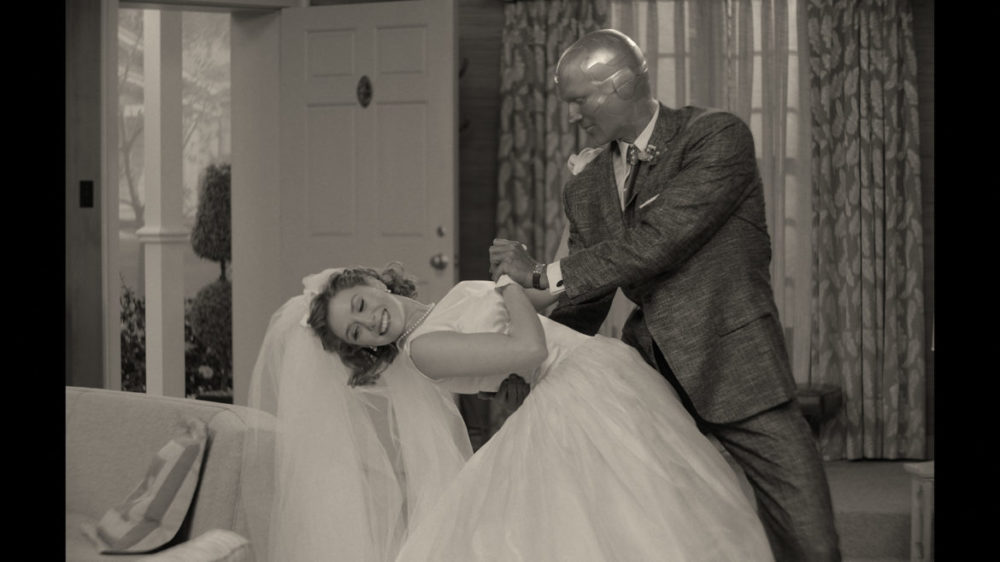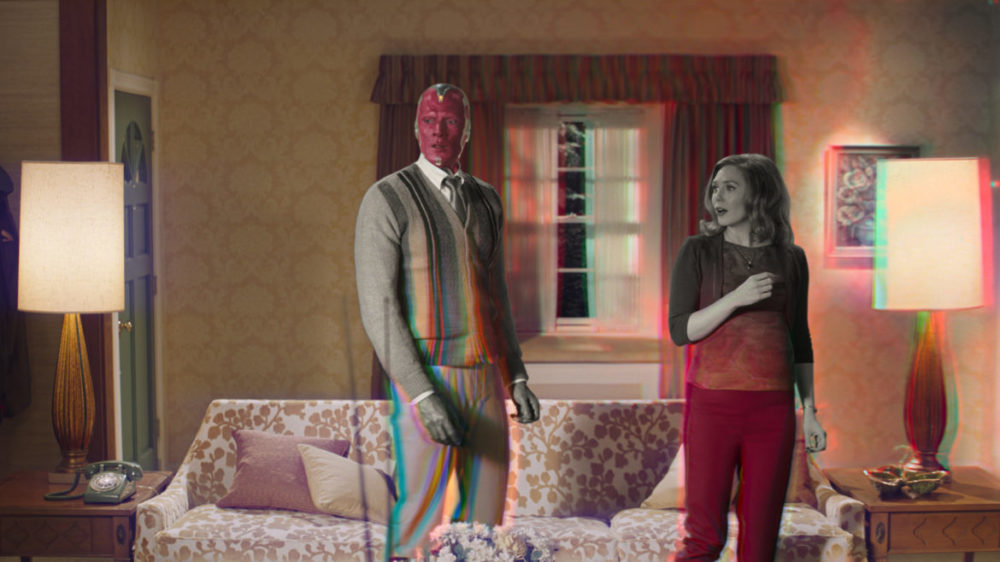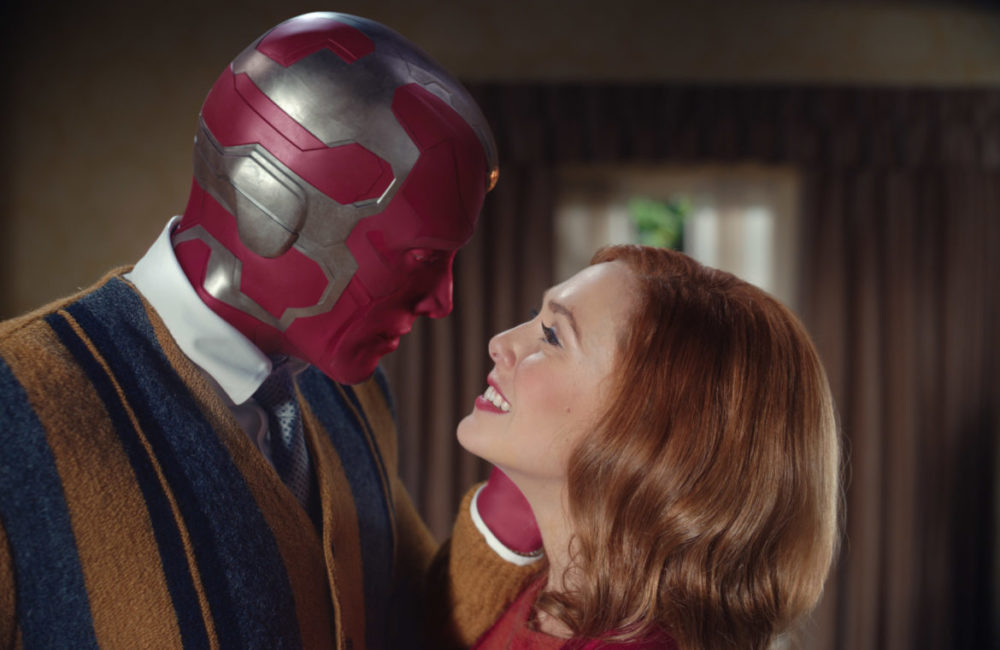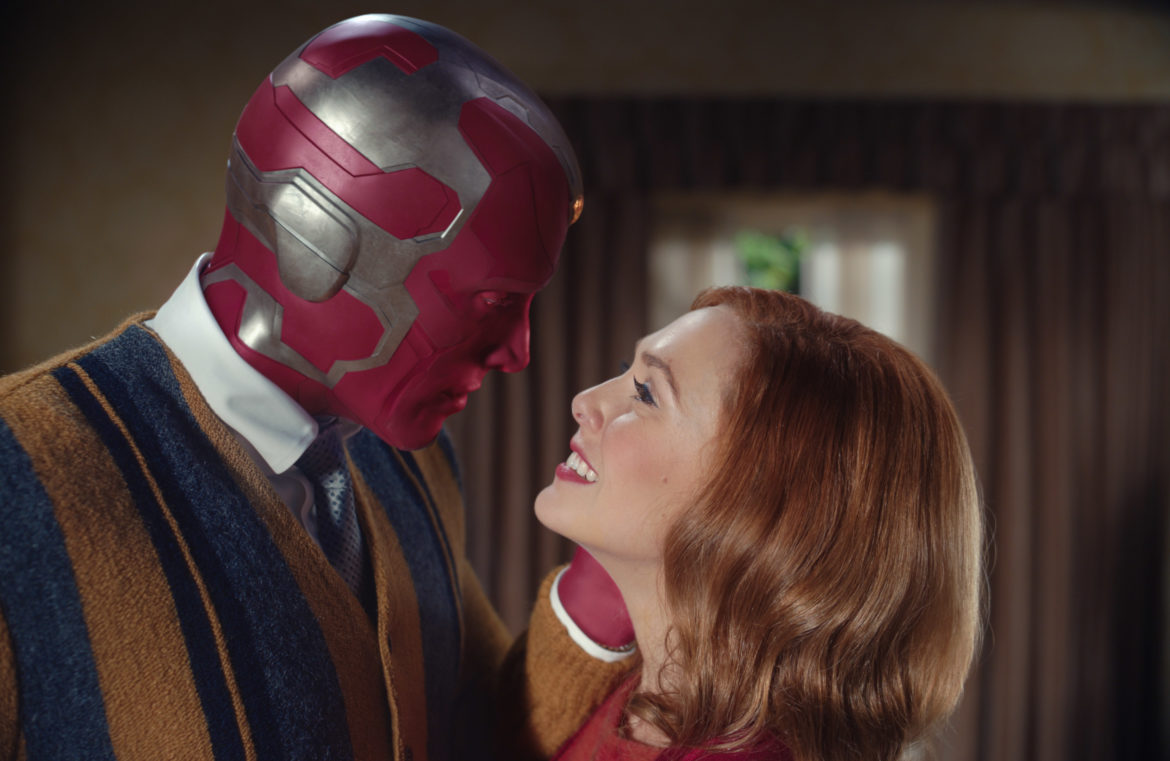TL;DR
WandaVision started slow but blossoms into one of the MCU's best, offering crucial context to Wanda and Vision's story that makes past films hit harder. It's a masterclass in weaving intricate narratives and boasts feature-film quality production, with Elizabeth Olsen and Kathryn Hahn delivering standout performances. This poignant and deeply moving series is a must-watch, even for those new to the MCU. Dive into the full review to see why it might just be the finest television series ever made.
Shortly after WandaVision debuted on Disney+, I shared my initial impressions. At the time, I felt ambivalent, unsure if it would be a critical failure or a groundbreaking success. Now, with the benefit of hindsight, I can definitively state that it stands out as one of the strongest entries in the MCU.

I will avoid specific plot details regarding WandaVision to prevent spoilers; I highly advise going in with as little prior knowledge as possible. For viewers who may have stopped watching before the fourth episode, I strongly urge you to reconsider. While the initial episodes require some patience, the narrative threads converge into a cohesive and compelling story.

Episode eight, in particular, is a standout. It expertly resolves lingering questions and showcases the remarkable talent of Elizabeth Olsen. While Avengers: Age of Ultron is not among my preferred Avengers films, WandaVision has prompted me to revisit it, as it marks the beginning of Wanda and Vision’s relationship, which continued into Avengers: Infinity War (a connection I noted at the time felt somewhat underdeveloped). WandaVision provides crucial context, making these events more understandable. Marvel Studios President Kevin Feige demonstrates his ability to weave intricate narratives, ensuring that disparate elements coalesce into a satisfying whole. Seemingly minor details from earlier films find meaningful resolution years later.
WandaVision boasts impressive production values, rivaling those of feature films. The series introduces both new and familiar characters, most notably the enigmatic neighbor Agnes, portrayed by the exceptional Kathryn Hahn.

In conclusion, the miniseries WandaVision is highly recommended. Fans of Marvel films will find it particularly rewarding, while viewers unfamiliar with the MCU can still appreciate the central love story. At its core, this is a poignant and deeply moving narrative. As a seasoned film critic, I found myself emotionally invested, making it potentially the finest television series I’ve seen.

